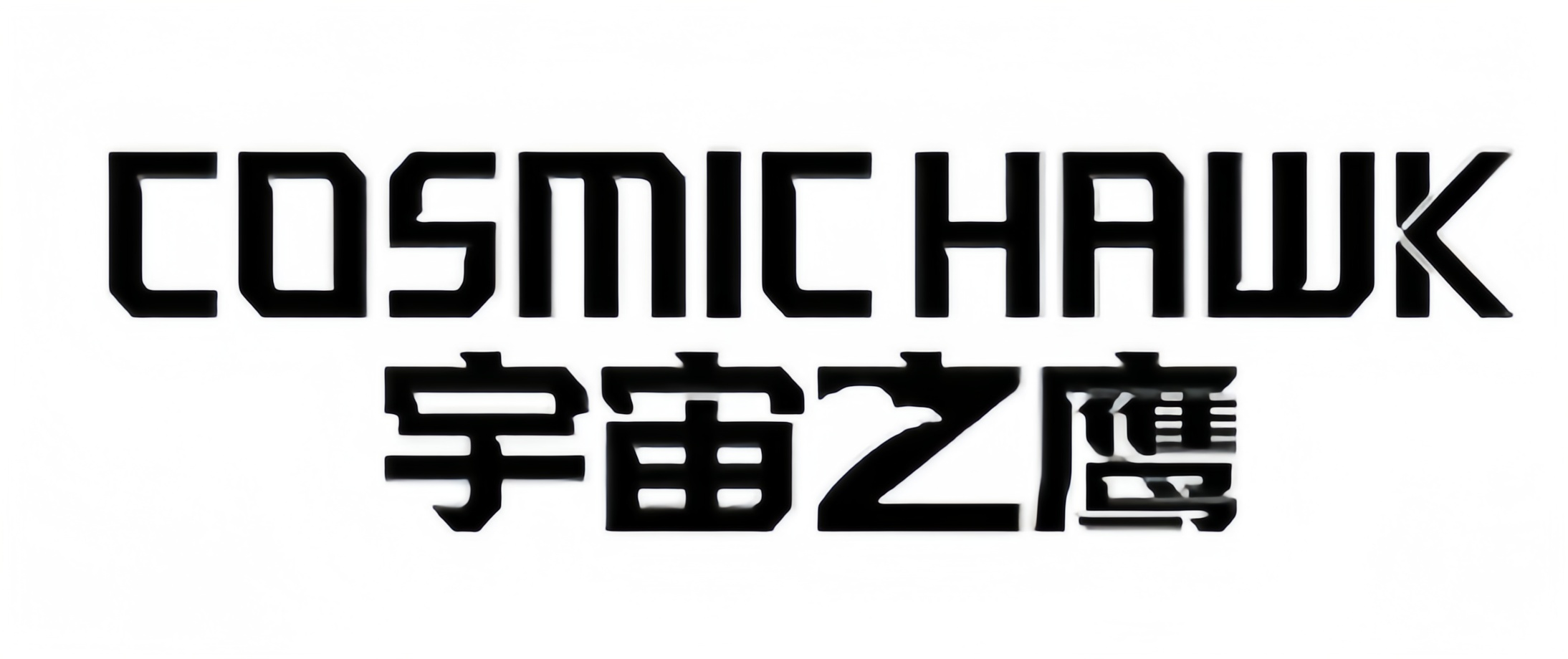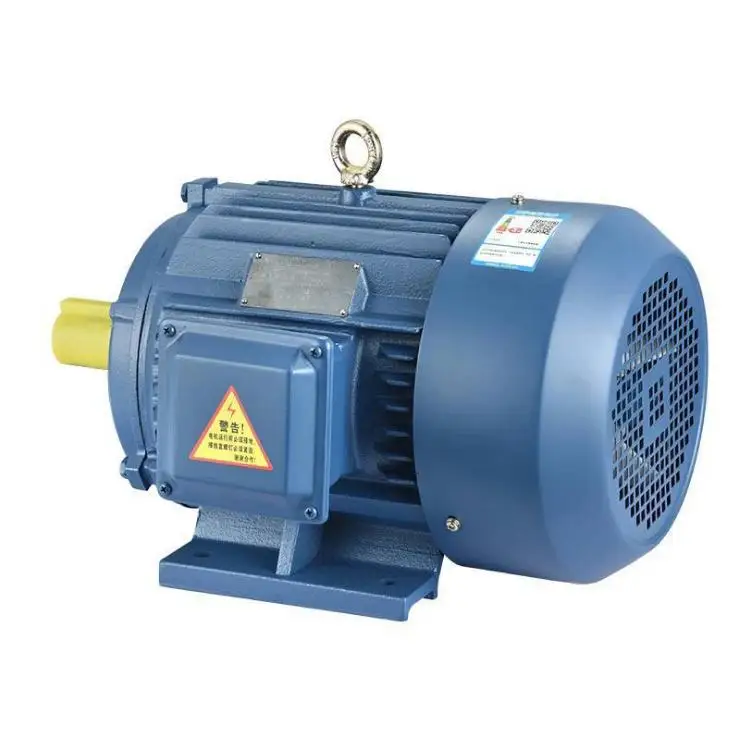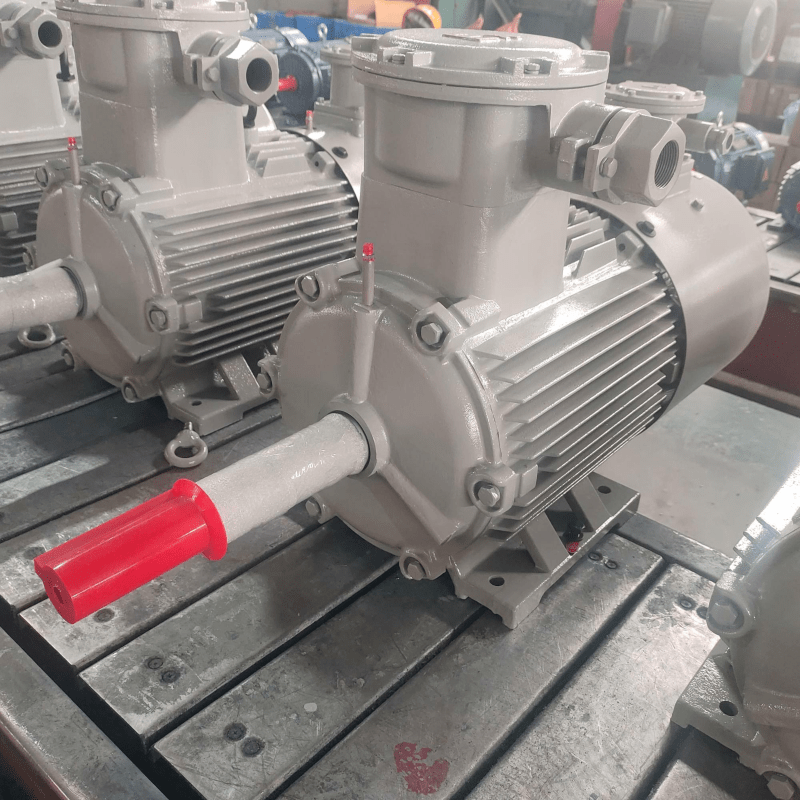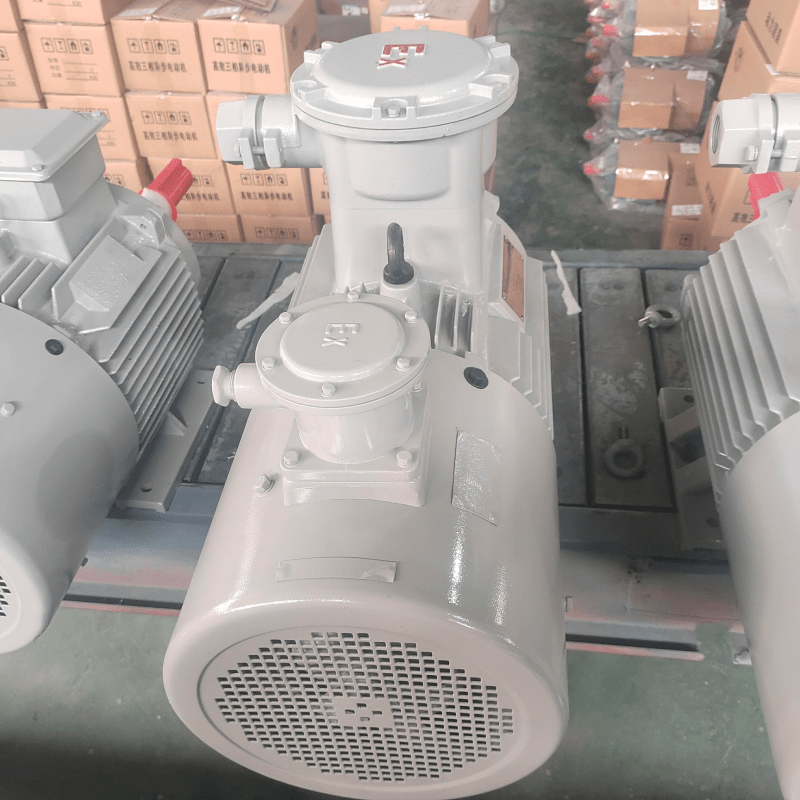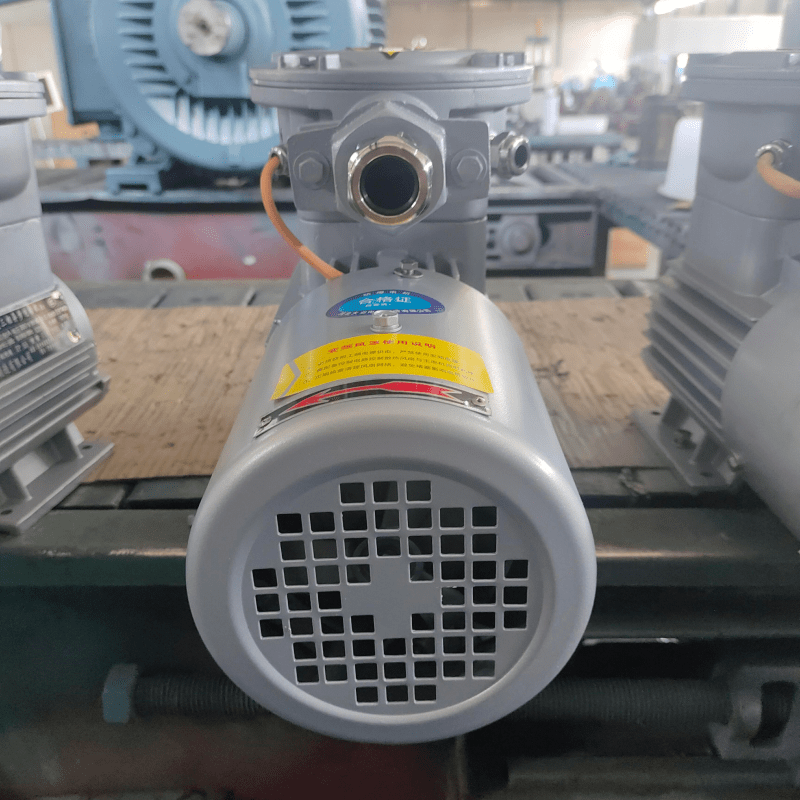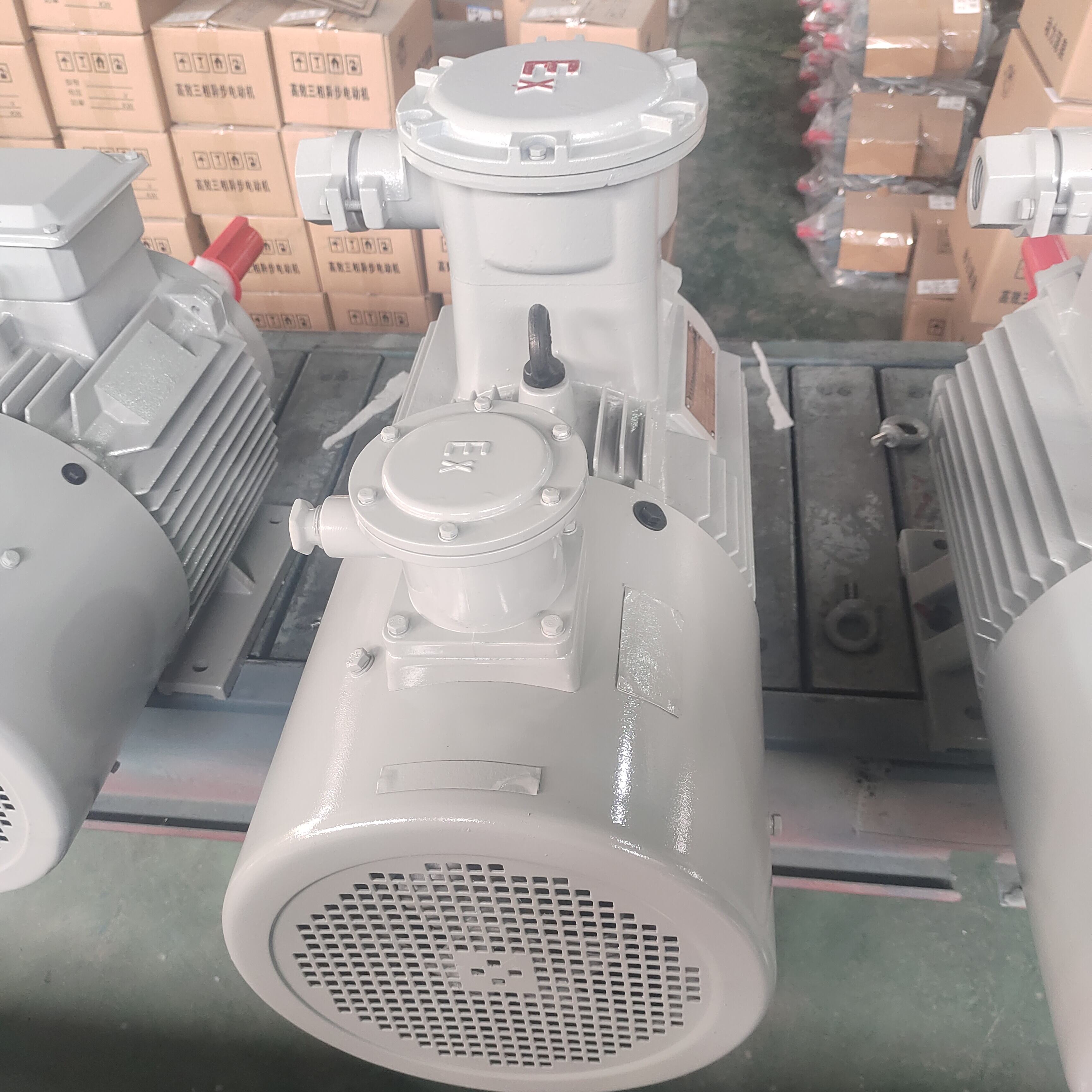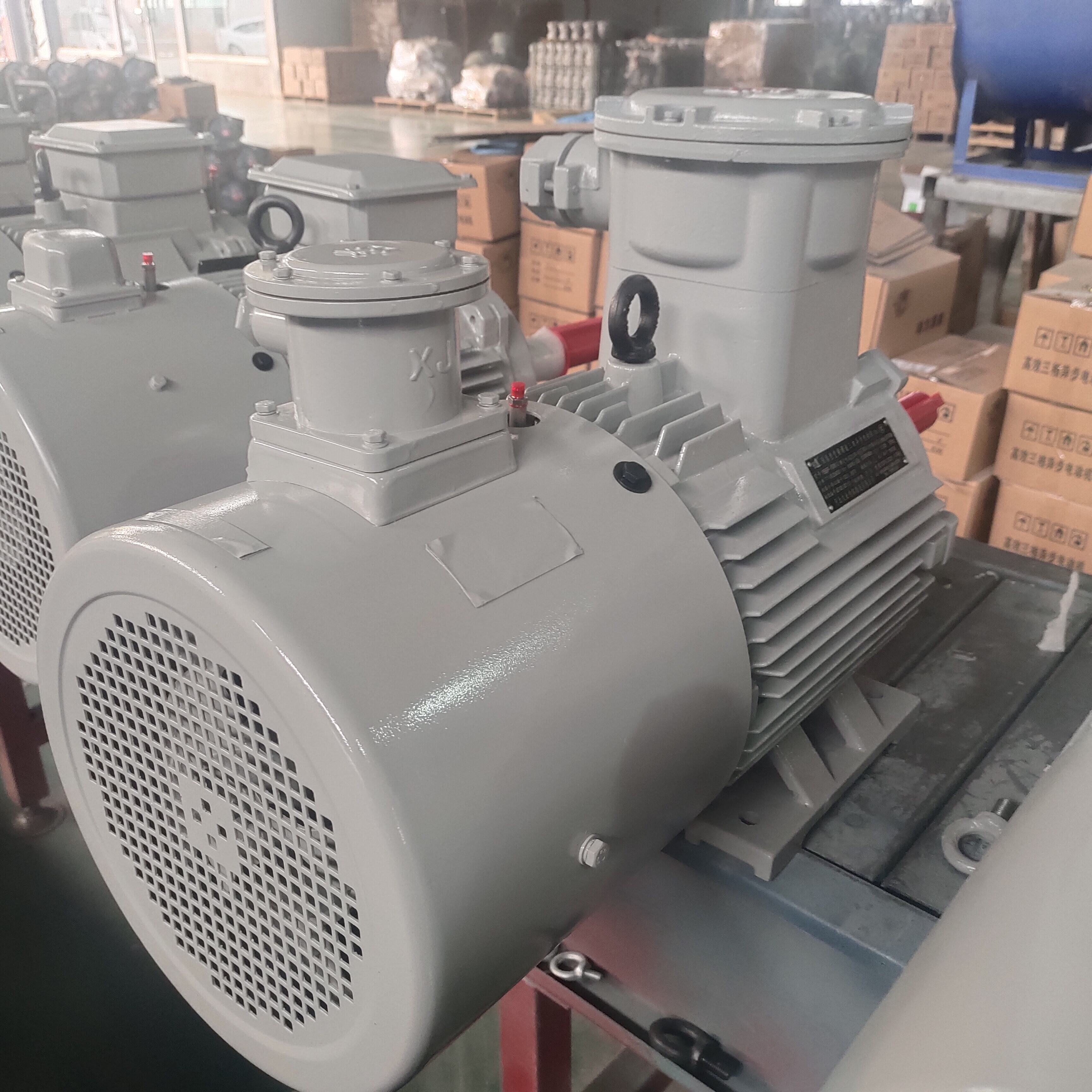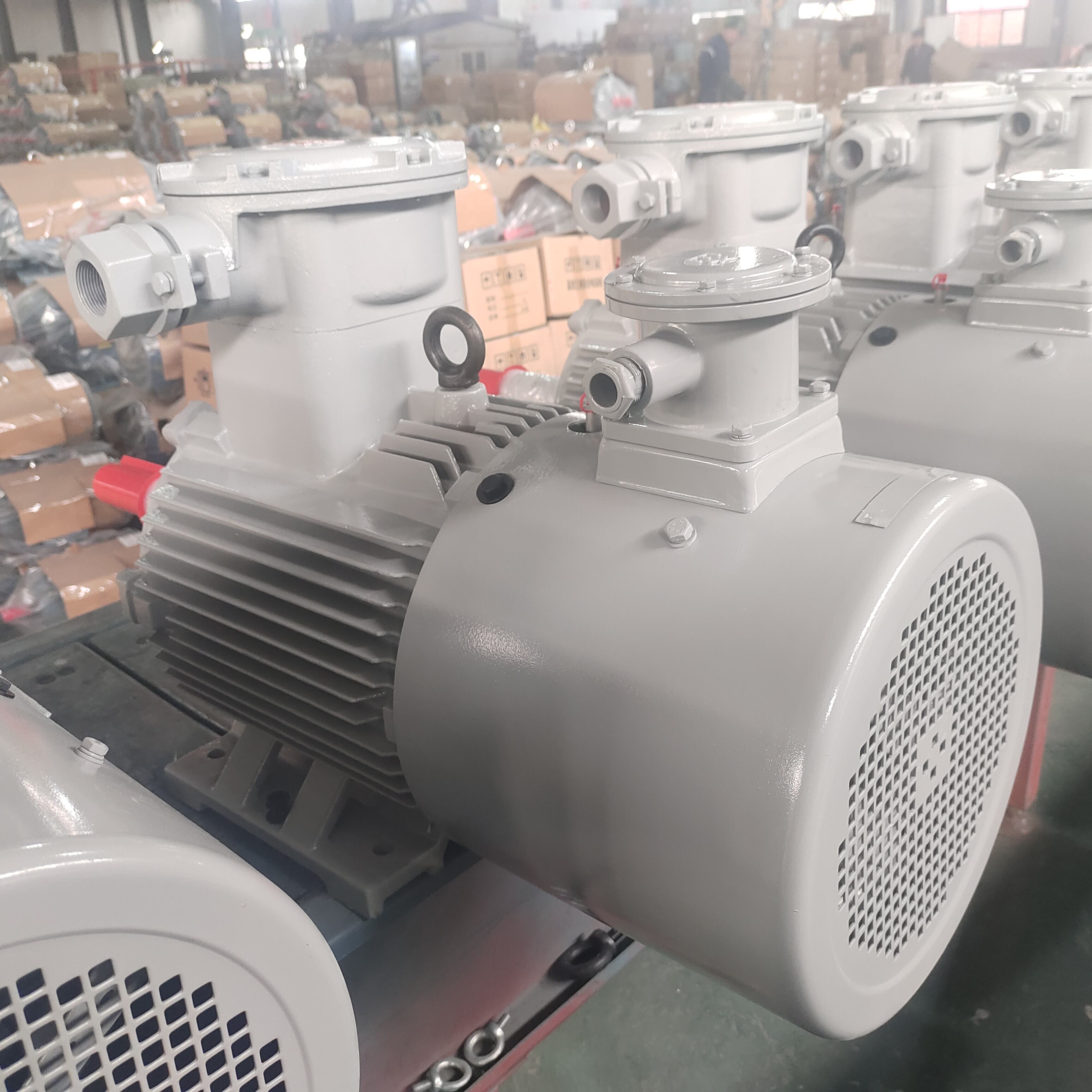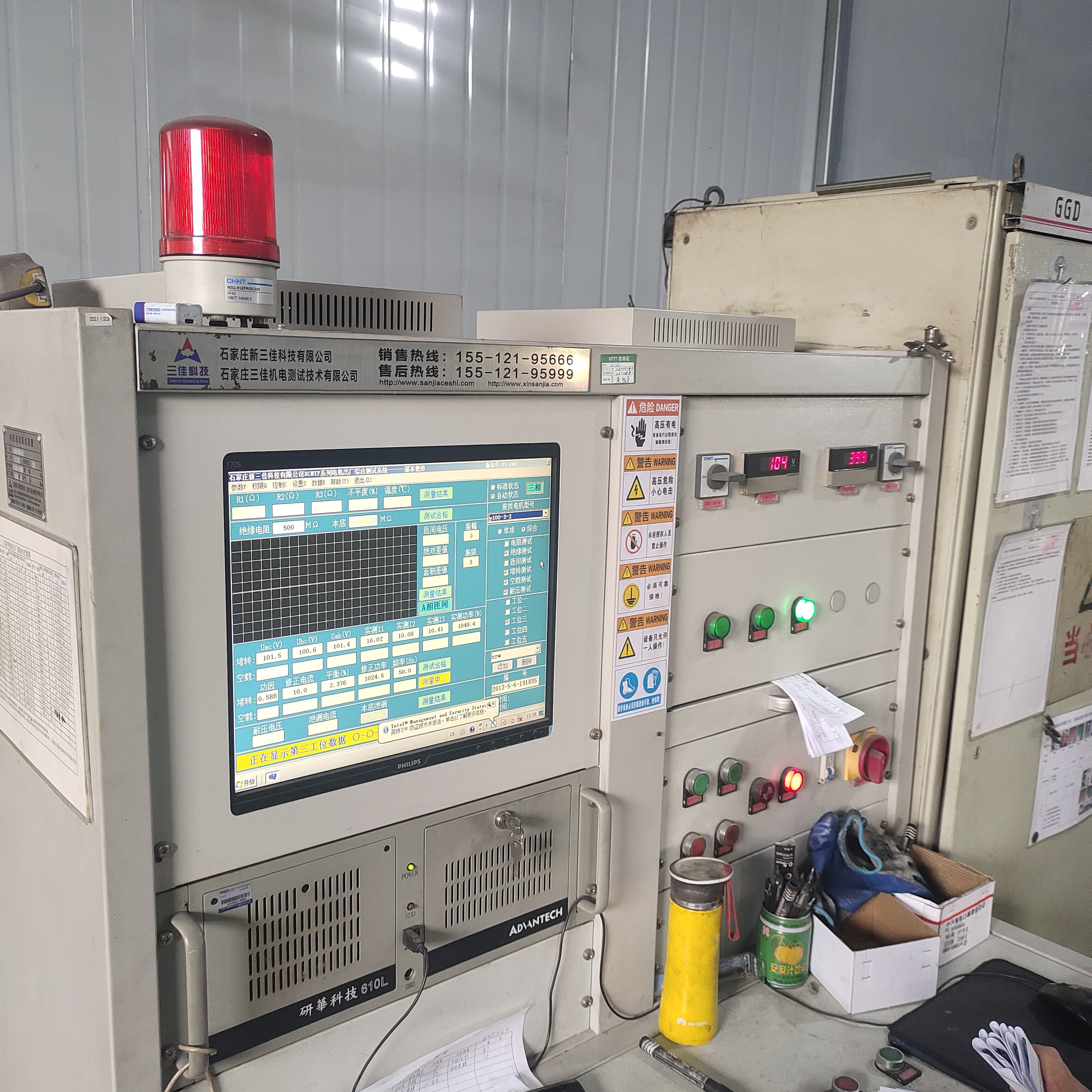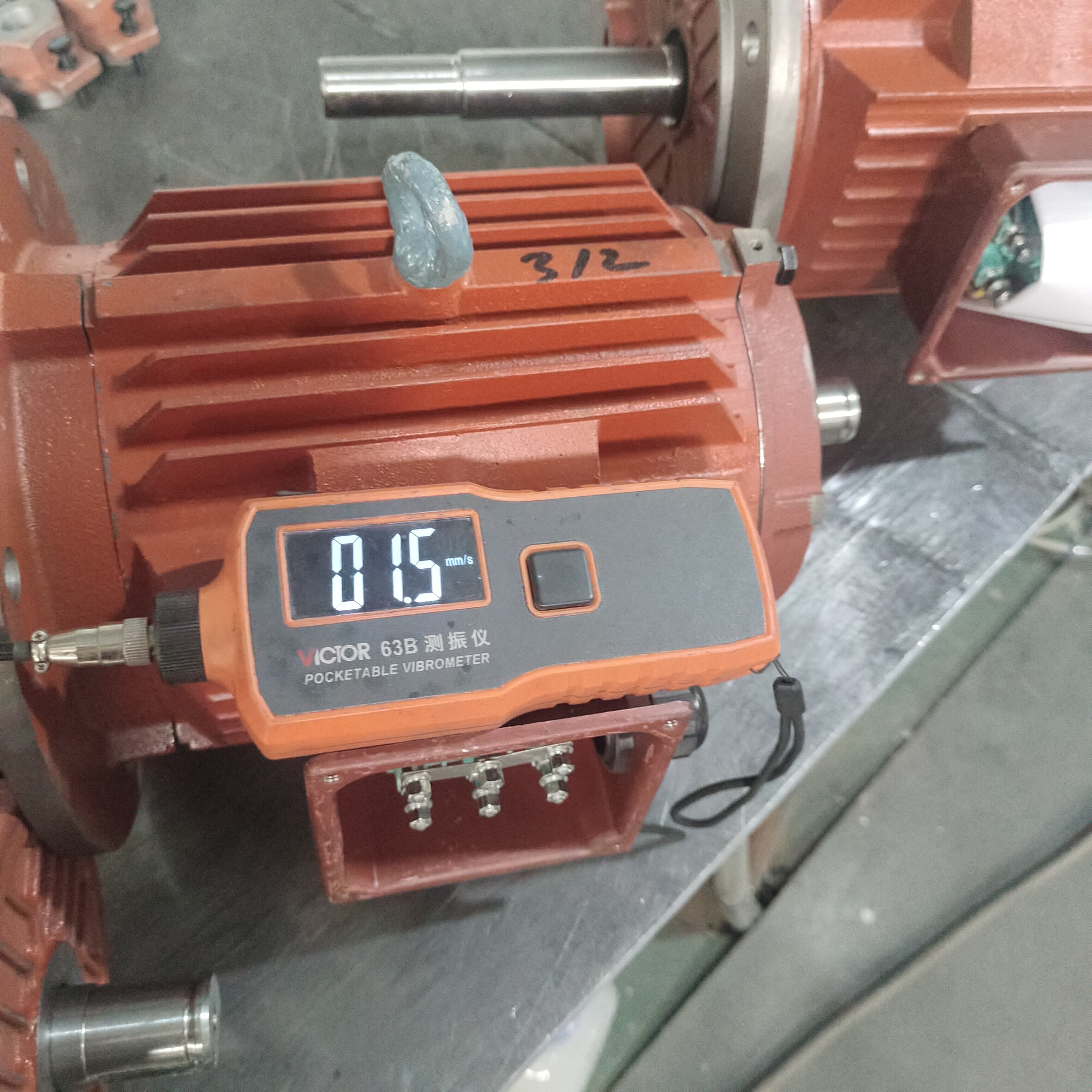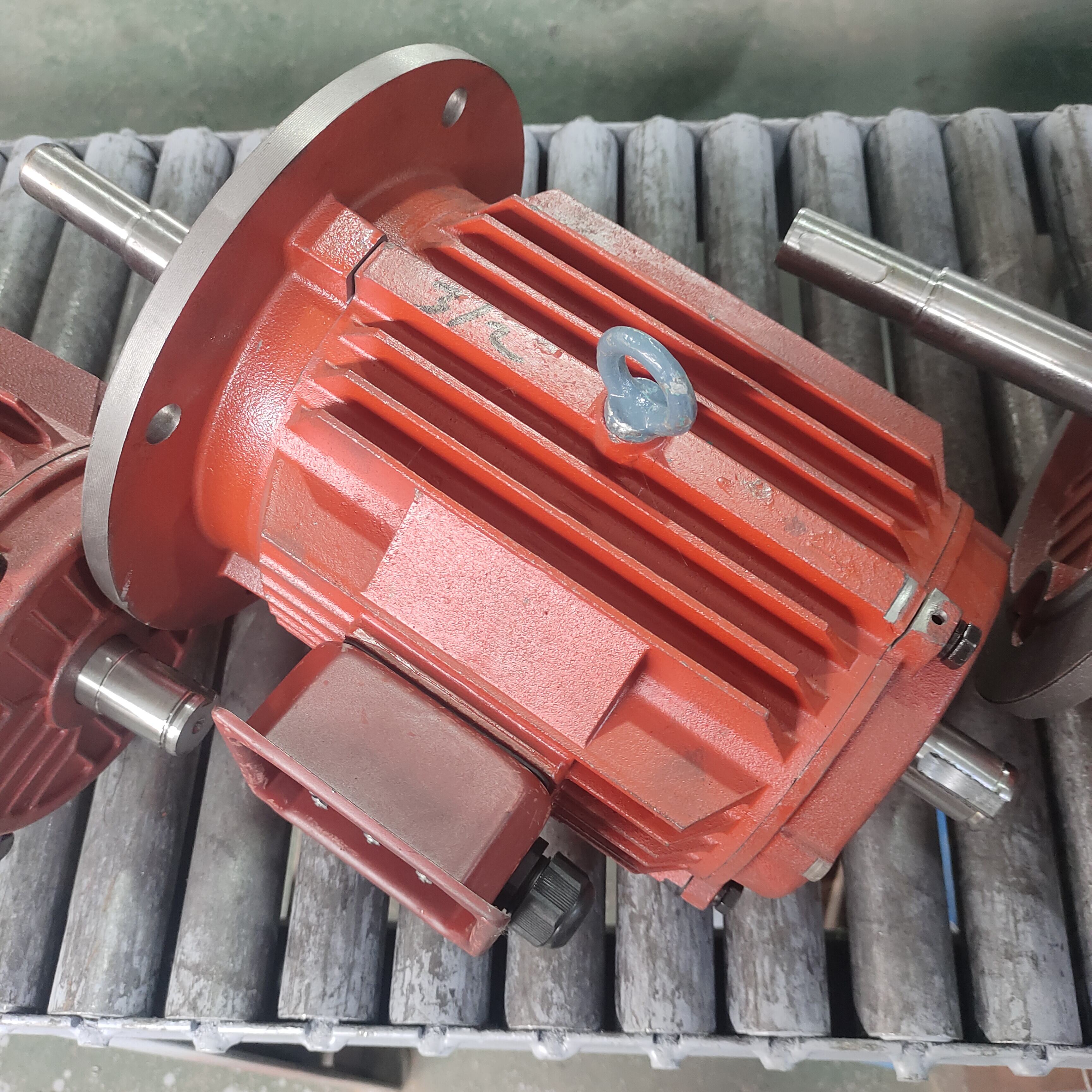Versatile Industrial Application Range
Buy rotational speed systems demonstrate remarkable versatility across diverse industrial sectors, providing essential monitoring and control capabilities for numerous rotating equipment applications. In manufacturing environments, these systems monitor production machinery such as conveyor belts, mixing equipment, packaging machines, and assembly line components to ensure consistent product quality and optimal throughput rates. The precision measurement capabilities support quality control processes where exact rotational speeds directly influence product specifications and manufacturing tolerances. Power generation facilities rely on buy rotational speed technology to monitor turbines, generators, pumps, and cooling system fans, ensuring efficient energy production and preventing costly equipment failures through early detection of performance anomalies. The automotive industry extensively uses these systems for engine testing, transmission evaluation, and wheel balancing applications, where precise speed measurements are critical for vehicle safety and performance validation. Aerospace applications demand the highest levels of accuracy for jet engine testing, rotor blade analysis, and flight control system validation, requirements that buy rotational speed systems consistently meet through their advanced measurement technologies. Process industries including chemical processing, pharmaceutical manufacturing, and food production utilize these systems to monitor mixing equipment, centrifuges, and material handling systems where speed control directly impacts product quality and safety compliance. Marine applications benefit from buy rotational speed monitoring of propulsion systems, auxiliary engines, and deck machinery, ensuring reliable vessel operation and regulatory compliance. The systems adapt to harsh environmental conditions including extreme temperatures, high humidity, corrosive atmospheres, and significant vibration levels commonly encountered in industrial settings. Buy rotational speed technology supports both permanent installations for continuous monitoring and portable configurations for periodic testing and maintenance activities. This flexibility enables cost-effective solutions for facilities with varying monitoring requirements and budget constraints while maintaining consistent measurement accuracy and reliability across all applications.
